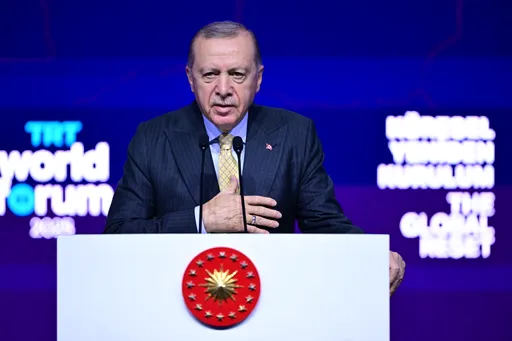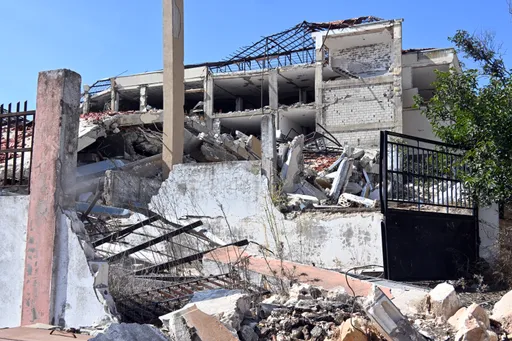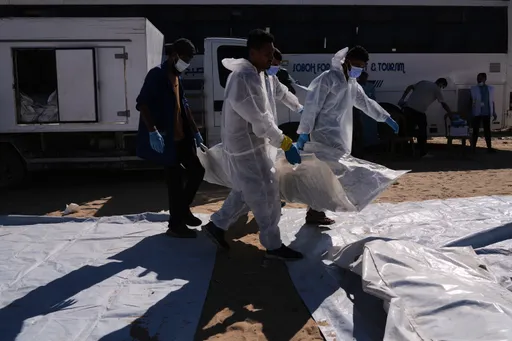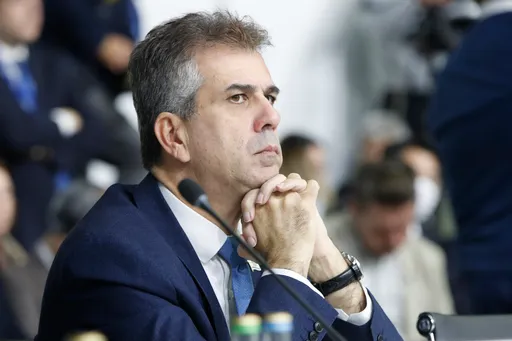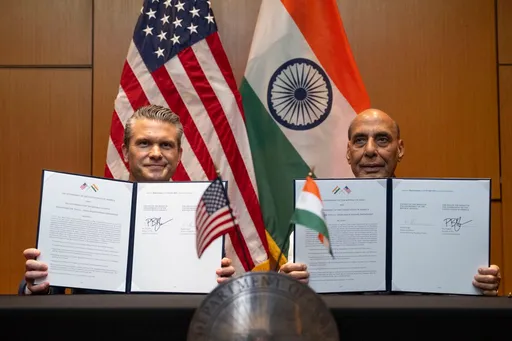Two weeks before Northern Ireland's 100th anniversary, black smoke from a burning roadblock billowed into the Belfast sky, signalling the deep divisions overshadowing the province's centenary landmark.
As hooded youths hurled masonry, weary riot police poured out of rusty armoured Land Rovers to form ranks.
All sides know their roles in this well-versed piece of street theatre, which provides the backdrop to the 100 years of the divided British province.
Scenes of unrest returned last month to the streets of Northern Ireland, the former battleground of "The Troubles" where tempers are fraying over Brexit and other tectonic political shifts.
At least 88 officers have been injured in clashes emanating from pro-UK loyalist enclaves, angry with a post-Brexit "protocol" they feel is casting them adrift from mainland Britain.
"All generations are angry and frustrated at what's going on," said David McNarry, of the Loyalist Communities Council (LCC).
"This damn protocol is a European invention (to) take away my Britishness," he told AFP in central Belfast, a heavy trace of emotion in his voice.
READ MORE:Violent protests in Northern Ireland despite leaders’ call for calm
Communities facing off
Violence has been focused at "interfaces" – where loyalist and pro-Ireland nationalist areas butt up against one another.
Towering "peace walls" separate the communities, crisscrossing the Belfast landscape, a reminder of the divisions that remain even after "The Troubles" ended in 1998.
The latest violence saw loyalist youths face off with police who were preventing their advance towards a gate in the barrier.
In the early evening on April 19, teens covered their faces and scrambled for bricks and stones to throw.
A mother pushing a pram scooted her child out of the way as a small gang charged a police Land Rover, climbing on the bonnet, prying off a wing mirror and pulling at locked door handles.
Police on the frontline remained inside their vehicles - their windscreens and sirens covered in metal grid-work that parried the worst of the debris.
Early in the evening, a switch pressed by an unseen hand slammed shut the gates in the "peace walls", completely sealing the neighbourhoods off from each other.
A convoy of police vehicles pulled in from a side street, parking in practised formation to block the road to t he gates.
The ranks of riot police wielding batons and shields quelled the worst of the violence, for one night at least.
The unrest paled in comparison to clashes earlier in the month, when water cannon and dog units waged a running battle with gangs throwing petrol bombs and fireworks.
Loyalist and nationalist youths faced off in a night of violence that shocked the UK and left the area by the peace gates charred and pockmarked.
A teddy bear has since been hung on the gates with a hopeful handwritten dedication: "Peace for our children's future."
READ MORE:What’s behind the violent sectarian riots in Northern Ireland?
Siege mentality
Against this backdrop, it is hard to imagine a "happy birthday" for Northern Ireland.
Unionists and nationalists fervently disagree about the legitimacy of the region, both contest its future, and both feel under siege.
On nationalist Bombay Street, a whole row of terraced houses built in the shadow of the peace wall have caged gardens.
Looking out of their back windows, residents see a slanting metal fence designed to stop rocks and bottles pelting their homes.
The British government has promised events around the anniversary on Monday will be sensitive to all traditions.
But when both sides live a bunkered existence, there is little prospect of a shared celebration.
"That will not happen here," said one resident on the nationalist side of the peace wall.
"(Their tradition) is the only one that matters, not ours," she said, gesturing towards her unionist counterparts who feel much the same.
READ MORE:Northern Ireland loyalists withdraw support for Belfast Agreement







